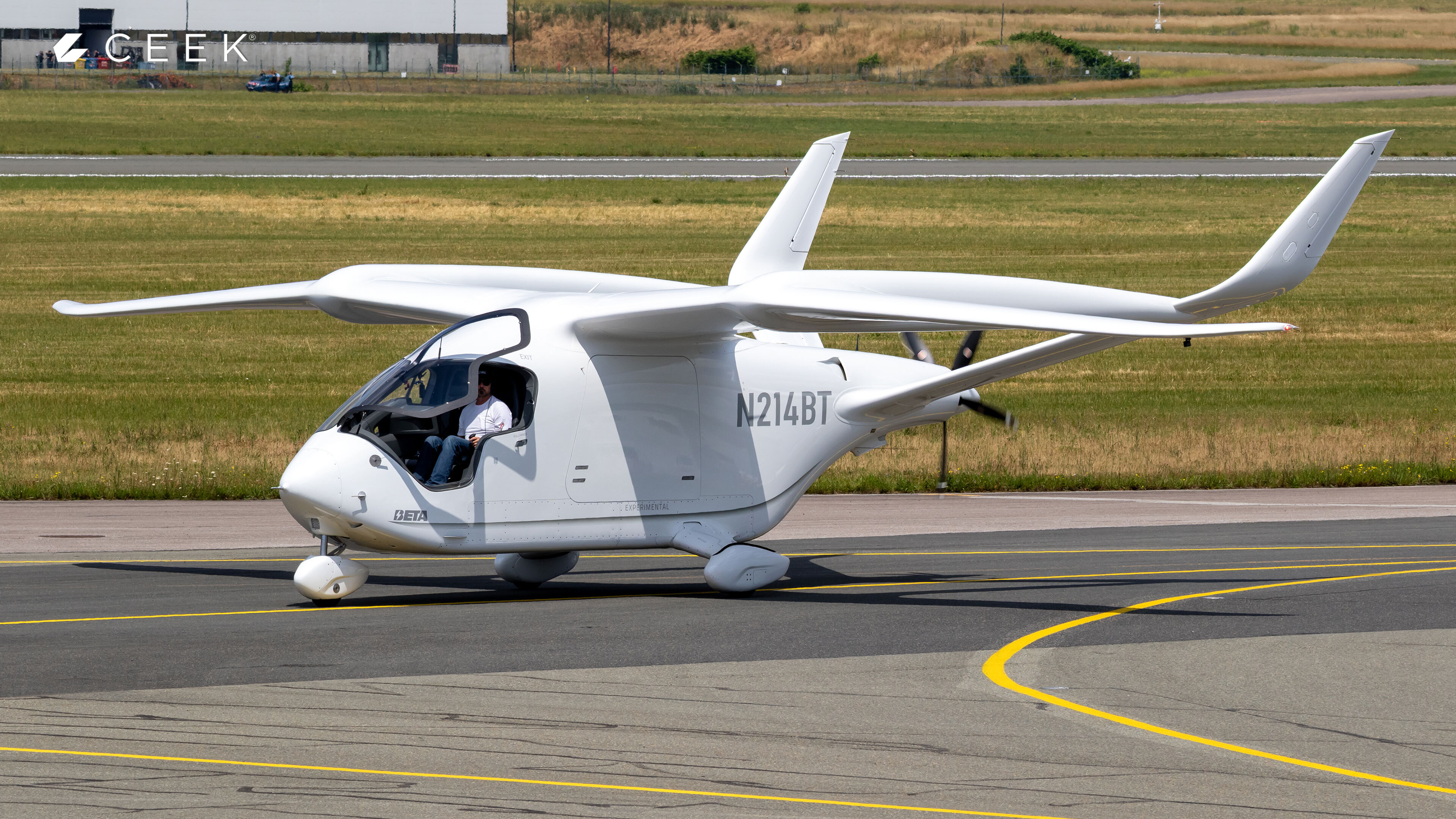



Beta Technologies: Building the Backbone of Clean, Connected Electric Aviation
While most eVTOL companies are building aircraft to fly people above cities, Beta Technologies is doing something quietly radical—building the entire electric aviation ecosystem from the ground up. Based in Burlington, Vermont, Beta isn’t just designing aircraft—it’s designing the future infrastructure, power grids, and logistics that will make electric flight scalable, efficient, and truly transformative.
In a world chasing clean mobility, Beta stands out as the Tesla + AWS of electric aviation—combining vehicles, charging networks, and software into a single vertically integrated system.
The Founder: Kyle Clark — Test Pilot, Engineer, and Entrepreneur
At the center of Beta is Kyle Clark, a rare breed of founder: an MIT-trained engineer, former hockey player, software developer, and licensed test pilot. His hands-on leadership style means he’s often found flying Beta’s aircraft himself, tinkering with prototypes, and guiding a team that includes veterans from Tesla, Boeing, SpaceX, and the U.S. Air Force.
Clark launched Beta in 2017 with a vision far bigger than just building a flying taxi. His mission: decarbonize regional transportation at scale.
“Our goal is to electrify aviation,” Clark says, “and that means more than just an aircraft—it means the ecosystem that makes it work.”
The Tech: Meet ALIA – Clean Flight Meets Real Utility
Beta’s flagship aircraft, ALIA, is designed to meet the needs of multiple markets: medical transport, logistics, defense, and eventually passenger travel.
ALIA Specs at a Glance:
Type: Electric aircraft (VTOL and CTOL versions)
Seats: 1 pilot + 5 passengers OR 1 pilot + cargo payload
Range: ~250 nautical miles (~460 km)
Cruise Speed: 170 mph (274 km/h)
Propulsion: 4 fixed lift rotors (VTOL), 1 pusher propeller
Charging: Fast-charge capable via Beta’s custom charging network
ALIA is inspired by the flight efficiency of the Arctic tern, the bird with the longest migratory journey on Earth. The aircraft features a sleek, high-aspect-ratio wing for long-range efficiency, quiet operation, and minimal energy draw.
Mission: Infrastructure. Integration. Impact.
Unlike many eVTOL startups focused solely on urban air taxis, Beta is building a whole-systems solution for regional electric flight.
Aircraft First: Safe, certifiable, and quiet long-range electric flight
Charging Network: Dozens of charging sites already live, serving aircraft, trucks, and ground vehicles
Military + Logistics Ready: ALIA is being tested by the U.S. Air Force, UPS, and healthcare systems for real-world logistics
FAA-Certification Path: Beta is pursuing full FAA Part 23 certification for piloted, electric-powered flight
Beta’s long-term vision? A zero-emissions aviation system that doesn’t just serve city centers—but connects regions, rural areas, and critical infrastructure via electric air.
Major Partnerships & Projects
Beta has taken a partnership-first approach, working with real operators to ensure its tech is more than conceptual:
UPS: Partnered to deliver electric cargo aircraft for regional delivery
U.S. Air Force: Beta’s aircraft are being evaluated under Agility Prime for defense and emergency missions
Blade: Working together on electric passenger flights between cities
University of Vermont Medical Center: Beta is testing organ and medical equipment delivery by air
Amazon Climate Pledge Fund: Backed Beta to accelerate electrified supply chains
Charging Sites Across the U.S.: Beta is building dual-use charging stations for both aircraft and electric trucks, from New England to Arkansas
Beta is certifying both its aircraft and its network—making it one of the only companies building a dual-stack solution.
⸻
Why Ceekers Should Watch Beta Technologies
For Ceekers—builders of future networks, immersive systems, and sustainability-focused ecosystems—Beta is more than a flight company:
It’s climate infrastructure: Beta’s tech enables clean logistics for Web3 cities, blockchain supply chains, and remote digital communities
It’s real-world immersive: Emergency delivery of VR headsets, hardware kits, or edge computing rigs is suddenly possible—even off-grid
It’s scalable: Beta's model covers cargo, people, power, and networks—not just an aircraft
It’s sustainable and sovereign: Great for nations or DAOs trying to develop decentralized, resilient logistics and energy systems
Looking Ahead
With its FAA certification process advancing, a growing network of multi-use charging stations, and real flight test programs underway, Beta Technologies is building the long-haul, zero-emissions foundation others will fly on.
If you're imagining a future where clean energy meets connected cities—and if you're wondering who’s building the wires beneath the wings—Beta is already there.


